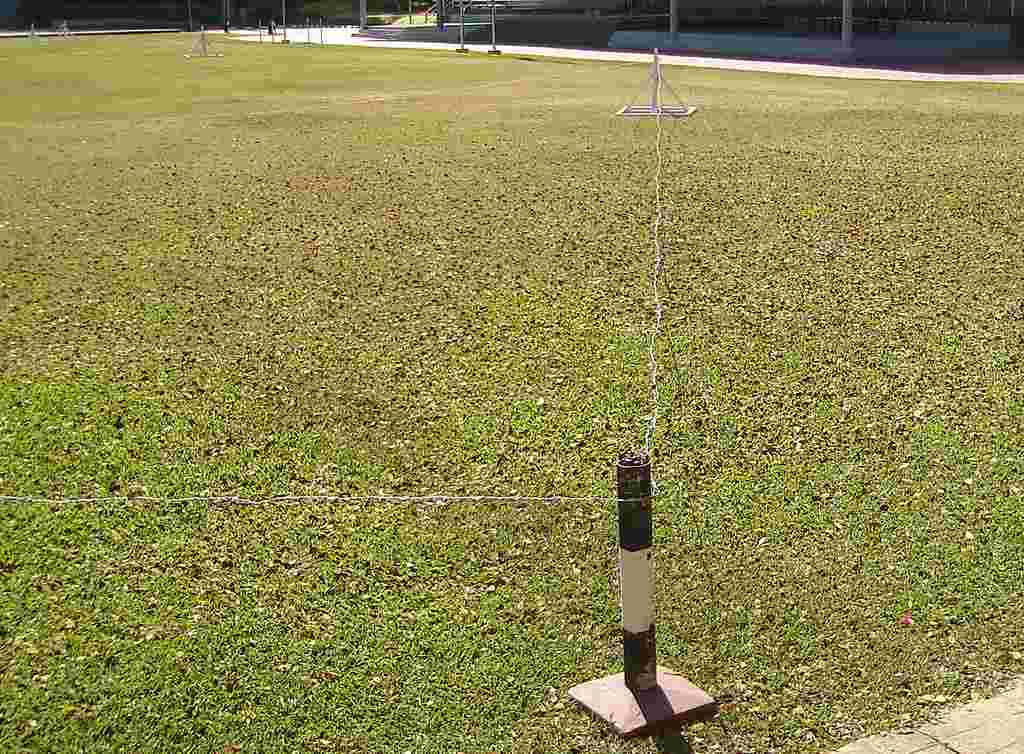Malaysian court: day-to-day means 24-hours a day to interview witnesses
From thefreedictionary:
http://74.125.153.132/search?q=cache:0Gt0vegO-0QJ:www.thefreedictionary.com/day-to-day+day+to+day&cd=1&hl=en&ct=clnk&gl=my
adj.
1. Occurring on a routine or daily basis: the day-to-day movements of
the stock market.
2. Subsisting one day at a time with little regard for the future:
lived a day-to-day existence.
But our appeal court deemed that this phrase means that MACC has the
right to interview WITNESSESS 24-hours a day.
Justices Datuk Hasan Lah, Datuk Ahmad Maarop and Datuk Syed Ahmad
Helmy Syed Ahmad
These judges, either are so ignorant of English or just blatantly
corrupt in all sense of the word.
Unfortunately this is the CURRENT LAW IN MALAYSIA.
WITNESSES WILL BE FORCED TO TESTIFY AGAINST THEIR WILL 24-HOURS A DAY,
AND MANY HAD DIED DURING CUSTODY.
Unfortunately, suspected criminals are better treated. The law do not
allow the policemen to interrogate them 24-hours a day.
It is definitely better to be a criminal than to be a witness. My
advise is for all Malaysians, to keep quiet, if you want your peace
and livelihood to survive.
How low has Malaysia gone done towards the path of destruction.
How can a nation ever survive when violent CRIMINALS are better
treated than the WITNESSES.
The only conclusion we can deduce is that we have put into power,
CRIMINALS.
Tell me, how can Malaysia ever develop at all if CRIMINALS are running
the country.
Is the so called peace and development promised by criminals worth a
cent?
Look at the status of developoment of Sabah, the least developed in
the whole world, much less than Bangladesh indeed, as viewed by
Bangalis in Sabah.
We haven't looked at the high incidence of poverty in Sabah, among the
highest in the world as well.
Sabah, Malaysia, peaceful? Are you willing to bet on it by leaving
your children unattended?
http://bernama.com/bernama/v5/newsgeneral.php?id=463821
December 22, 2009 13:30 PM
Tan Boon Wah To Appeal Against Ruling On MACC Working Hours
PUTRAJAYA, Dec 22 (Bernama) -- Kajang municipal councillor Tan Boon
Wah on Tuesday filed a motion for leave to appeal against the Appeal
Court's ruling last week that the Malaysian Anti-Corruption Commission
(MACC) can interrogate witnesses after office hours.
Tan, 39, filed the motion and his sworn affidavit through his counsel,
Karpal Singh at the Federal Court registry here.
In the motion, Tan said the intended appeal was important as it
involved novel questions and issues arising for the first time in the
country and the Federal Court decision would be an advantage to the
public.
Tan also listed five questions to be determined by the court, among
others, whether the phrase 'day-to-day' under section 30(3)(a) of the
MACC Act 2009 encompasses only office hours or a continuous period of
24 hours.
Karpal Singh, when met by reporters, said he would write to the
Federal Court for an early date of hearing.
"This is a very serious matter, therefore it is important for the
Federal Court as the highest court to decide on this issue once and
for all," he said.
He also hoped that Attorney-General Tan Sri Abdul Gani Patail would
appear personally in the proceedings later. "There are far-reaching
consequences of the Appeal Court decision.
If the decision is right, it means that the MACC officers can come to
your house at 3am and you are required to go to MACC office to be
questioned. That situation is unacceptable.
"Witnesses will also be reluctant to come forward to give evidence
knowing that they will be harassed and questioned round-the-clock
continuously," he said.
On Dec 17, a panel of three Court of Appeal judges unanimously held
that Section 30(3)(a) of the MACC Act did not restrict to working
hours the time for a witness to be examined in an investigation.
Justices Datuk Hasan Lah, Datuk Ahmad Maarop and Datuk Syed Ahmad
Helmy Syed Ahmad also overturned the High Court decision restricting
the interrogation to office hours, between 8.30am and 5.30pm.
On Nov 19, High Court judge Mohammad Ariff Md Yusof, in allowing a
judicial review filed by Tan, ruled that Section 30(3)(a) of the MACC
Act 2009 did not empower the MACC to investigate a witness "round-the-
clock".
Tan had sued MACC chief commissioner Datuk Seri Ahmad Said Hamdan,
MACC assistant superintendent Mohammad Hassan Zulkifli and the MACC,
claiming that his detention and questioning for 16 hours overnight by
the MACC was unlawful, which resulted in him suffering losses and
damages.
-- BERNAMA































